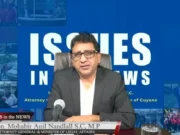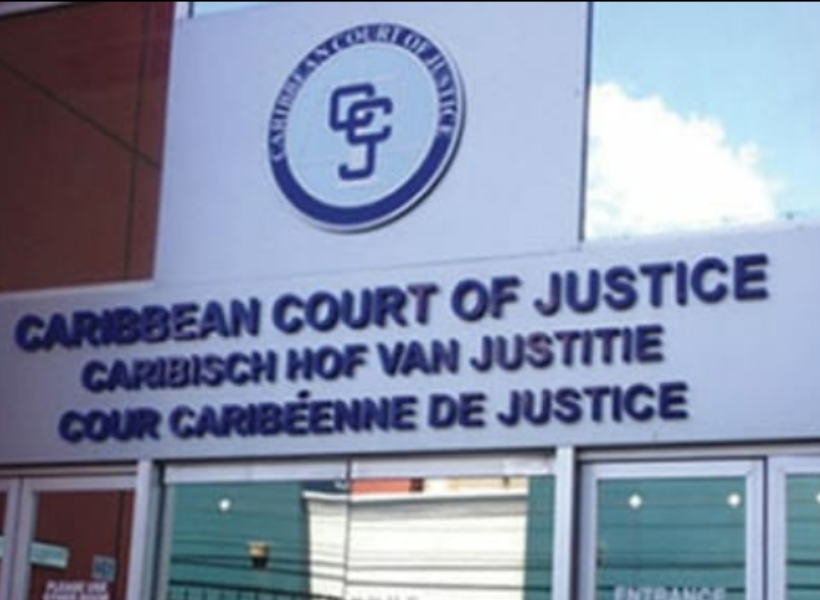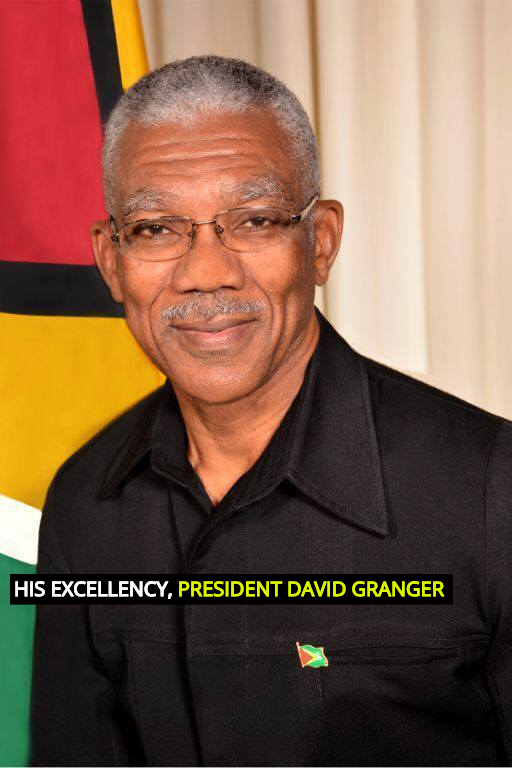The Coalition Government has already begun preparation for the 2020 budget, despite being defeated by a no-confidence motion; finance circular No. 7/2019 was circulated to Head of Budget Agencies by Finance Secretary Michael Joseph to this effect. Notwithstanding this, President David Granger admitted that his government does not have the authority to pass a budget.
The Head of State shared this recently during an interview with Ariana Gordon, Assistant Director of the Press and Publicity Unit at the Ministry of the Presidency on the programme ‘The Public Interest’. Following the Caribbean Court of Justice’s (CCJ) consequential orders on July 12, the court’s President Adrian Saunders noted that government was in “caretaker” mode.
Justice Saunders had also noted that Article 106 of the Constitution envisages that the tenure in office of the Cabinet, including the President, after the Government’s defeat, is on a different footing from that which existed prior to the vote of no-confidence.
By convention, he added that government is expected to behave during this interim period as a caretaker and so restrain the exercise of its legal authority. During the interview, Gordon sought to remind President Granger that the government said it has accepted its interim status. She, nevertheless, asked him to explain what is meant by this.
The President explained, “There is nothing in the constitution that defines interim status. But in the jurisdictions which adhere to the Westminster system…Canada, Australia, and other countries we have consulted with the laws, an ‘interim government’ means that we do not, for example, pass a budget. We obviously have to keep government running; routine functions of government. I cannot undertake state visits and sign agreements with foreign countries. We have to limit our expenditure. We have to ensure that we do not embark to ensure that the government restrains expenditure, restrains its actions.”
President Granger further explained, “It does not mean that the government is out of office. It does not mean that the government ceases to function. We cannot be a void; we cannot have a country that is ungoverned. So we are well aware of the international conventions. Both the Chancellor of the Judiciary in Guyana and the President of the CCJ cited a Canadian expert [Professor Peter Hogg] and we [government] are abiding by those six principles. We accept the status as an interim government and we are not going to breach the conventions.”
Furthermore, the President said that all of his actions thus far have been in the scope of his powers. According to him, the government has consulted with the Opposition Leader and has also accepted its status as an interim administration. President Granger insisted that his government is committed to ensuring that the process for election or selection of the chairman for the Guyana Elections Commission (GECOM) is expedited.
According to Granger, “We [government] have gone back to the National Assembly to provide GECOM with the funds needed. I have said that I will await GECOM’s announcement or GECOM will advise when elections could be held. And as soon as I get that information, I will proclaim a date for elections. So everything we have done so far is consistent with the law, the ruling of the court. For example, on the 25th April, I lost four of my ministers because they were dual citizens. And it is very painful to me but I complied with the law. Everything that is happening so far this year, in fact since the 21st December, has been in accordance with the law and the rulings of the court.”











